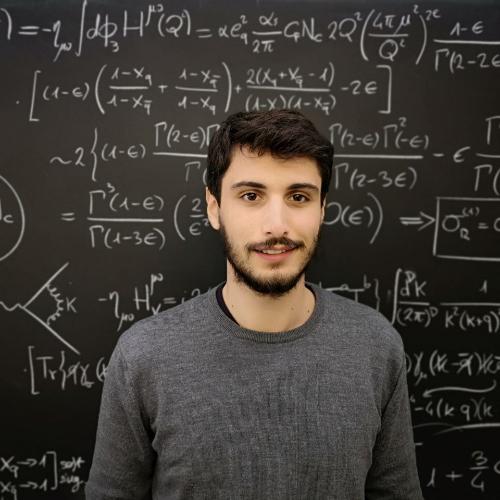The phenomenology of physics of fundamental interactions constitutes the link between theory and experiments in particle physics. Given a certain theory, the phenomenology takes care of calculating the expected value for a given observable in a given experiment: for example, the rate of production of a certain species of particles, or their lifetime, or their decay rate into a channel or another, and more.
In this department we study both the phenomenology of the Standard Model and the phenomenology of models of physics beyond the Standard Model.
The Standard Model of fundamental interactions has been verified at the permill level in the sector of electromagnetic and weak interactions. For various reasons the experimental tests of strong interactions are more difficult, and therefore still subject to theoretical interest. In this department we study the behaviour of the pertubative expansion at high orders using several techniques.
Despite the high accuracy at which the standard model has been tested, there are several experimental observations that it cannot explain. For example, neutrino masses, the presence of dark matter in the universe, the accelerated expansion of the universe, ... In order to explain these phenomena the Standard Model should then be extended by building a new theory that incorporates its successes, but also explain something more. In this department we mainly study the effects in flavor physics (eg. rare decays such as mu into e gamma) and at the LHC of some models of physics beyond the standard model, such as models of neutrino mass or supersymmetric models.
Research activities in this area are also funded by the National Institute of Nuclear Physics (I.N.F.N.).
For more information: https://www.ge.infn.it/wordpress/?page_id=491






